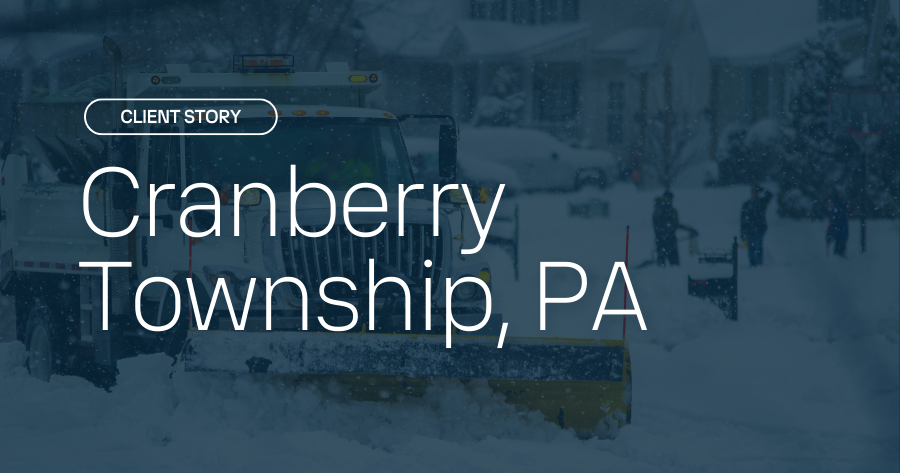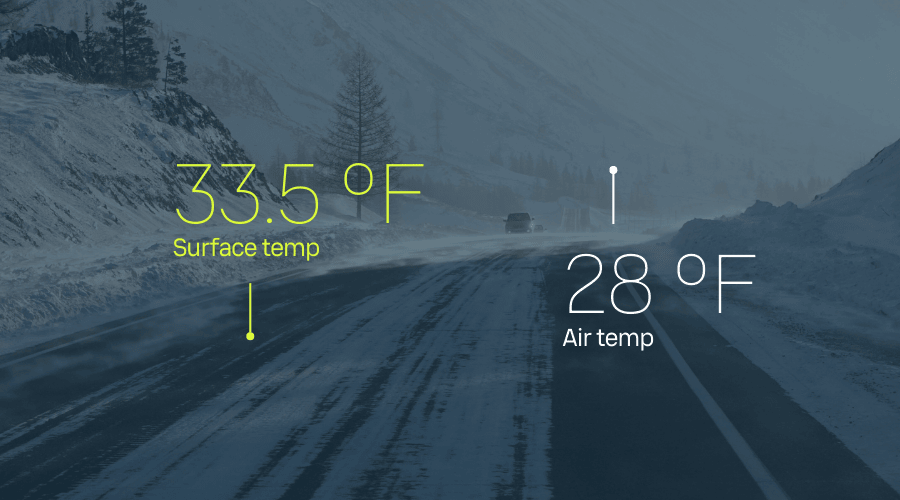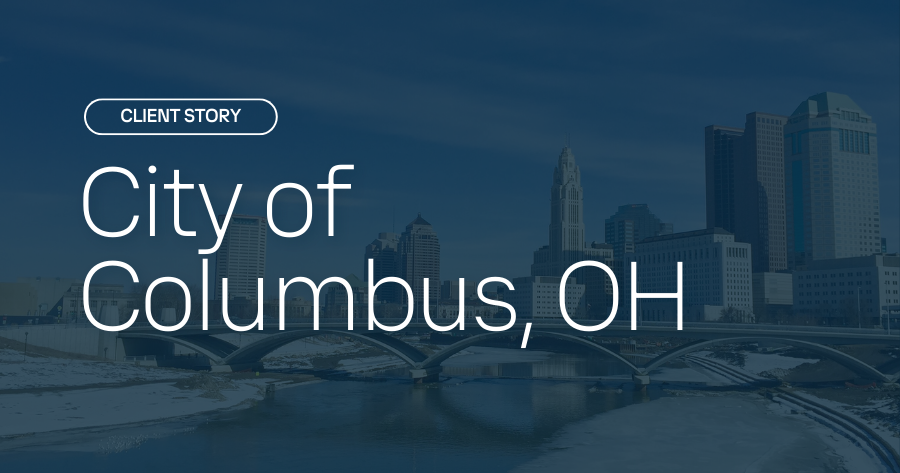Here’s how data is helping cities save hundreds of thousands of taxpayers’ dollars every winter.
Data has revolutionized how transportation agencies manage their networks during the harsh winter months. By leveraging advanced technologies and precise weather insights, cities and municipalities are able to enhance road safety and minimize their environmental impact while optimizing resource allocation for lower material and labor costs.
The What: Data-driven winter road maintenance
Conventional road winter maintenance relies heavily on generalized weather forecasts and reactive measures. This approach results in the overuse of de-icing materials, unnecessary labor costs, and delayed responses to hazardous conditions. Data-driven winter maintenance changes this by utilizing real-time data and predictive analytics to inform proactive decision-making.
Xweather Horizon is a comprehensive winter maintenance subscription service designed to support transportation agencies with proactive winter maintenance operations. It provides accurate, actionable insights into current and future road conditions across entire networks, enabling precise and timely interventions. By integrating local sensor data with advanced forecasting models, Xweather Horizon empowers agencies to make informed decisions that enhance road safety and operational efficiency.
The Why: Key benefits of data-driven winter maintenance
1. Enhanced road safety
Accurate, localized weather data allows agencies to identify and address hazardous conditions before they escalate. For instance, Xweather Horizon uses hyperlocal sensors to monitor real-time road surface temperatures and conditions. This information enables maintenance crews to deploy treatments precisely where and when they are needed, reducing the risk of accidents caused by ice and snow.
2. Optimized resource allocation
Data-driven insights facilitate the efficient use of resources by targeting treatments only to areas that require attention. Cranberry Township in Pennsylvania implemented Xweather Horizon and observed significant improvements in their operations. By accessing real-time data on pavement conditions, they reduced unnecessary salt applications and labor deployments, leading to substantial cost savings. In one instance, they avoided 10 unnecessary callouts, saving over $100,000 in operational costs. In the second year, they avoided 16 callouts, saving taxpayers nearly $200,000.
3. Reduced environmental footprint
Excessive use of de-icing materials, particularly salt, can have detrimental effects on the environment, including soil degradation and water contamination. By precisely targeting treatment areas based on accurate data, agencies can minimize the use of these materials. This approach not only protects the environment but also promotes sustainable maintenance practices. The City of Oak Creek, Wisconsin, demonstrated this by saving 80 tons of salt in a single winter event through the use of localized weather forecasts from Xweather Horizon.
The How: Implementing data-driven solutions for winter maintenance
Transitioning to a data-driven winter maintenance strategy involves integrating advanced technologies into existing operations. Key components include:
Local sensor networks: Deploying sensors, such as in-pavement and mobile detectors, to collect real-time data on road conditions.
Advanced forecasting models: Utilizing predictive analytics to anticipate weather events and their impact on specific road segments.
Centralized data platforms: Implementing systems like Xweather Horizon that consolidate data and provide actionable insights through user-friendly dashboards.
By embracing these technologies, transportation agencies can transform their winter maintenance operations, leading to safer roads, cost savings, and environmental preservation.
In conclusion, data-driven winter maintenance represents a significant advancement over traditional methods.
Integrating real-time data and advanced analytics revolutionizes road maintenance practices. Transportation agencies adopting these approaches are better equipped to navigate the challenges of winter weather, ensuring safer and more efficient travel for all.
Xweather Horizon helps transportation agencies understand the impact of winter weather on their entire road network with accurate, actionable insights into current and future conditions.



